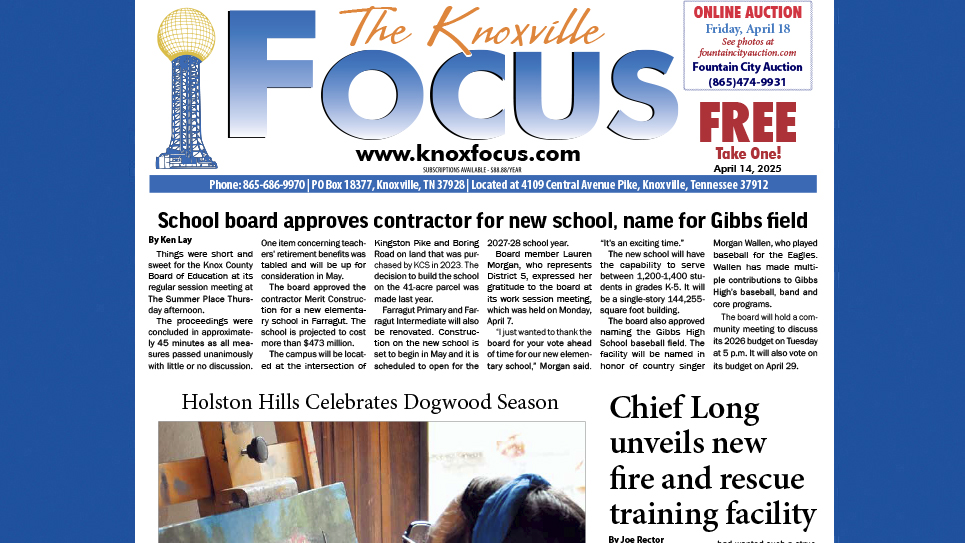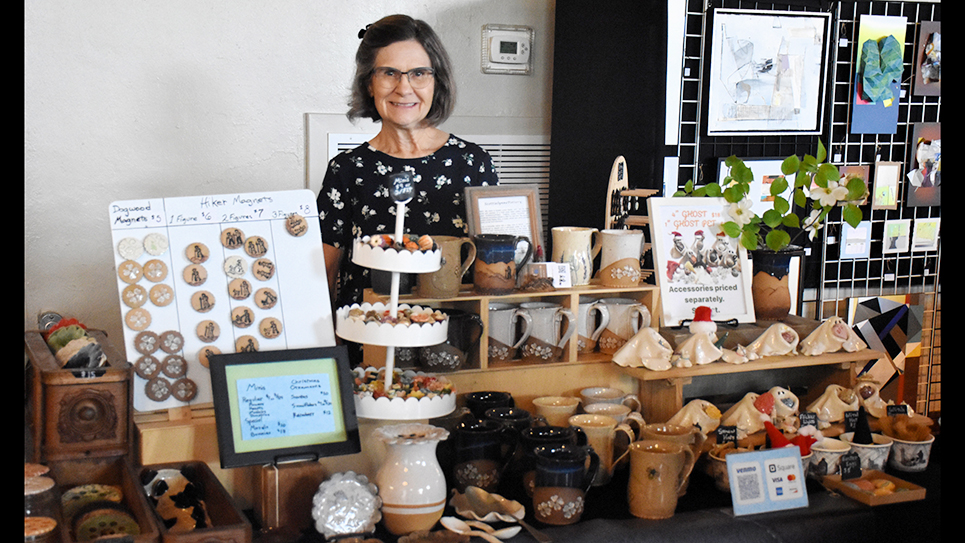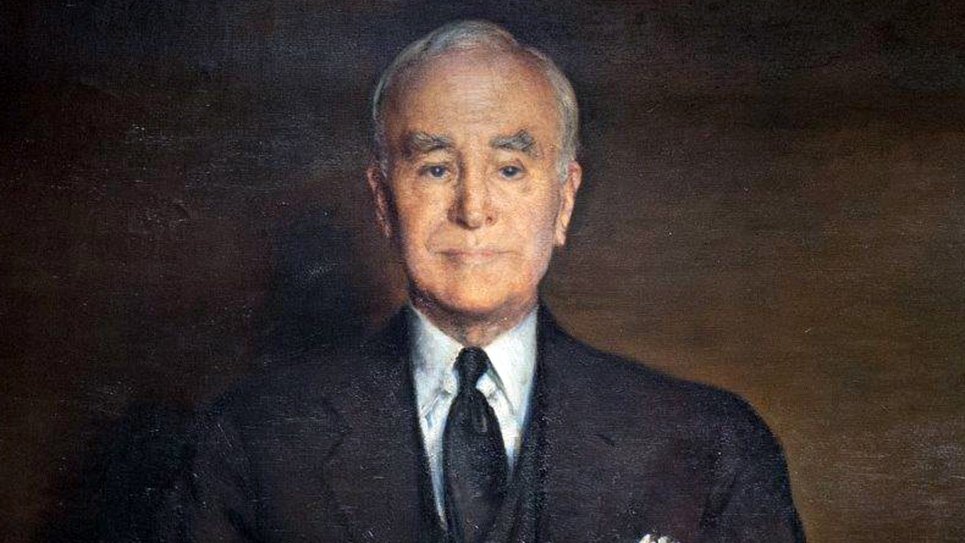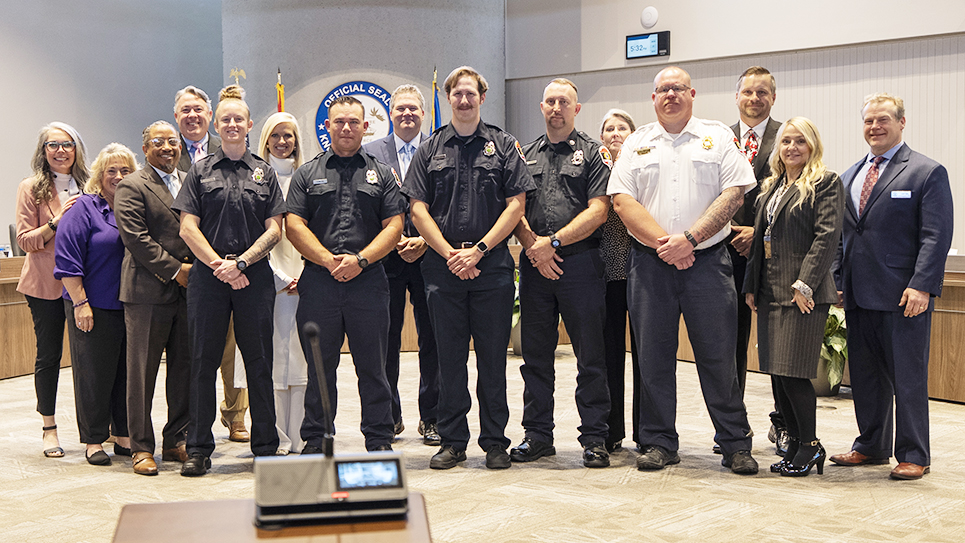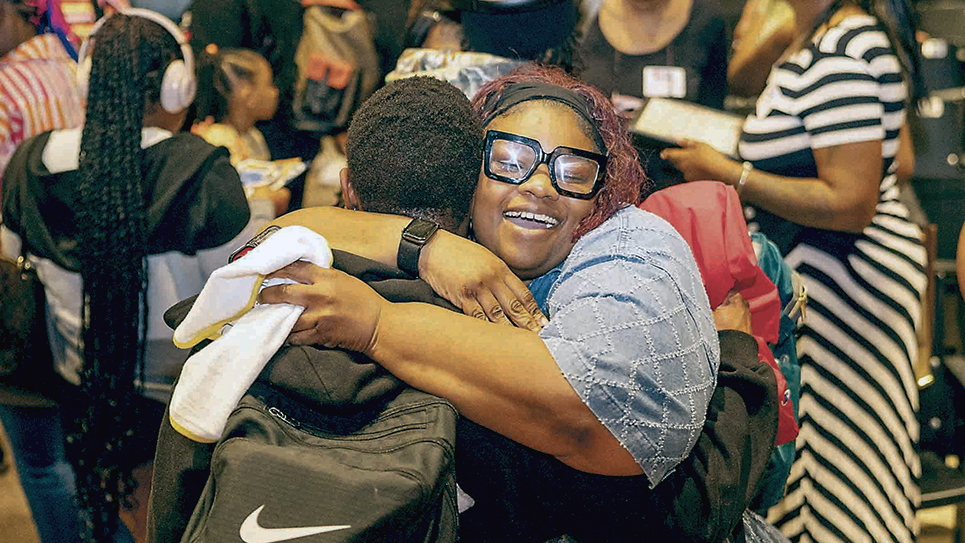Discovering Cox Mill in Jefferson County
A Day Away by Mike Steely
I like talking to Larry Cox—he’s a guy with no bluster or pretense. It is rare for one in the public eye to be so straightforward and humble by nature.
When Larry told me that one of his ancestors built and ran a water mill in Jefferson County, a mill I didn’t know of, I began my research on the still-standing old mill.
In the early days of our region, the nearest water mill tended to be a place where settlers and early residents gathered not only to get their corn ground or buy milled corn but also to visit with their neighbors. Many mills became the social center of their neighborhoods.
William Cox settled in Jefferson County about 1792 and operated the grist mill that he built there. He was a Revolutionary War veteran and the mill is now on the National Register of Historic Places. The Cox Mill also served as the area’s post office and played a vital part in the regional history.
Cox was a veteran of the Battle of King’s Mountain in 1780 and a delegate to the constitutional convention in Jonesborough in 1784. He voted for the formation of the State of Franklin. He was later appointed Jefferson County Magistrate by Southwest Territory Governor William Blount and then Tennessee Governor John Sevier. It is said that William Cox was married three times. His descendants have scattered across Tennessee and the nation.
Cox Mill was in operation for over 150 years. The mill and its historic marker are located just off Fielden Store Road near New Market. Mill Spring Creek flows past the old brick structure for which it was named. You can take Highway 92 east beyond New Market and turn north on Fielden Store Road. The entrance to the mill is the third drive on the right.
In 2011 the large brick mill was owned by Lou Mogavero. Richard and Stephanie (Taffy) Statter bought the mill in 2012 and restored it. Taffy is a great-great-granddaughter of William Cox.
You can find more information about Cox Mill at the Jefferson County Historical Society website jctnhistory.org or email jctnhistoricalsociety@gmail.com with questions.

